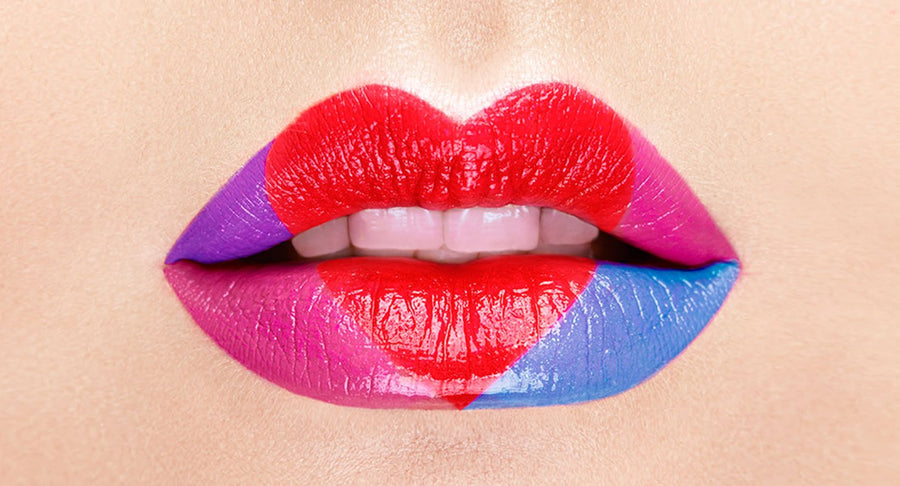How to treat troubled skin

Acne, oversensitive skin, scarring, pimples, zits and all those other nasties can do a number on our confidence and feeling beautiful 24/7.
And finding the right kind of skincare remedy that's sensitive enough to treat your uneven, acne prone skin is no easy matter. With so many skin brands in the world and clinically proven treatments at our fingertips, it's become the norm for us to mix and match acne remedies, which only serves to aggravate our complexion in the long run. Urgh! The stress!
With all those hard-to-pronounce ingredients and futuristic-sounding names, it's difficult to determine which skincare treatments are legit.
So, we've delved deep into the science of clinical skincare for acne prone skin to create a list of tips and tricks so you can make the most out of your skin care regimen.

Have a good look out for the following active ingredients 'Benzoyl Peroxide', 'Salicylic Acid', Retinoids' and 'Glycolic Acid'
Whether the formula is a soothing cream, a deep cleanser or exfoliant, these following active ingredients are clinically proven to treat, heal and prevent breakouts, acne scarring, white and black heads.
- Benzoyl Peroxide is an antibacterial ingredient that controls chemical reactions within the pores and prevents clogging.
- Retinoidslike Renova and Tazaratene are derived from antioxidising Vitamin A which works to increase cell turnover and expel plugged material from the pores. Retinoids are deeply penetrative and may cause some irritation to hypersensitive skin, so specific instructions need to be addressed.
- Salicylic Acid dissolves the bonds that hold skin cells together, which causes the complexion to shed dead skin cells and keep the pores clean. It also decreases oil and inflammation. Vegan alternatives that include Salicylic Acid include Willow tree bark extract, wintergreen oil and sweet birch oil.
- Glycolic Acid is a water-soluble ingredient derived from the sugar cane. This ingredient is naturally proven to penetrate the pores to speed cell turnover and increases collagen production.

Using a gentle exfoliant as opposed to rough scrubs
Whatever you do, DO NOT SCRUB THE SKIN! We understand how tempting it is to scrub away the oil and bacteria built underneath the pores. It's a hard habit to break, but it does more damage than good.
Rubbing the skin with abrasive scrubs, pads and wash clothes won't make your skin less oily. Scrubbing the skin raw leads to more significant scarring and causes unwanted irritation. Stay clear of exfoliants with rough bead particles.

Turn to products that are oil-free or water-based
The last thing you want is more oil on the skin. There are plenty of skincare treaments that are oil-free, including moisturisers, sunscreen, makeup and serums. Finding a water-based product is a great alternative for acne prone or oily skin.
Water-based cleansers and healing creams often infuse a gel base that doesn't leave residue on the skin, and feels weightless.
Also look out for the non-comedogenic label as these products are designed to not clog the pores. Many of these skincare treatments are marketed to people with oily and acne prone skin.

Clean your face twice a day
We know it’s frustrating but try and make it a habit of cleaning your face and neck every morning and night.
You may wish to opt for a soft foaming cleanser as they're more gentle on the skin, are more effective in cleansing away excess oil and leaves a refreshing sensation afterwards.
Beware of over cleansing as you may irritate the skin. Daily cleansing isn't meant to rid your face of pimples, but to keep excess oil production at bay.

Look for brands that specifically cater to skincare
When it comes to your skin, make sure you find the right brand for you. Trusted brands like Garnierand L'Oreal offer a variety of softening cleansers, soothing treatments and exfoliants specifically tailored to remedy troubled skin.


